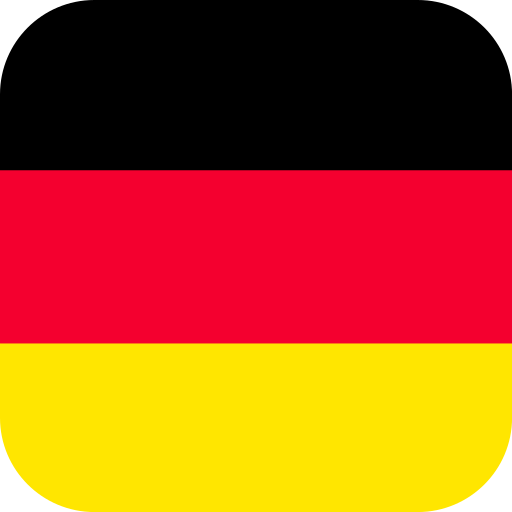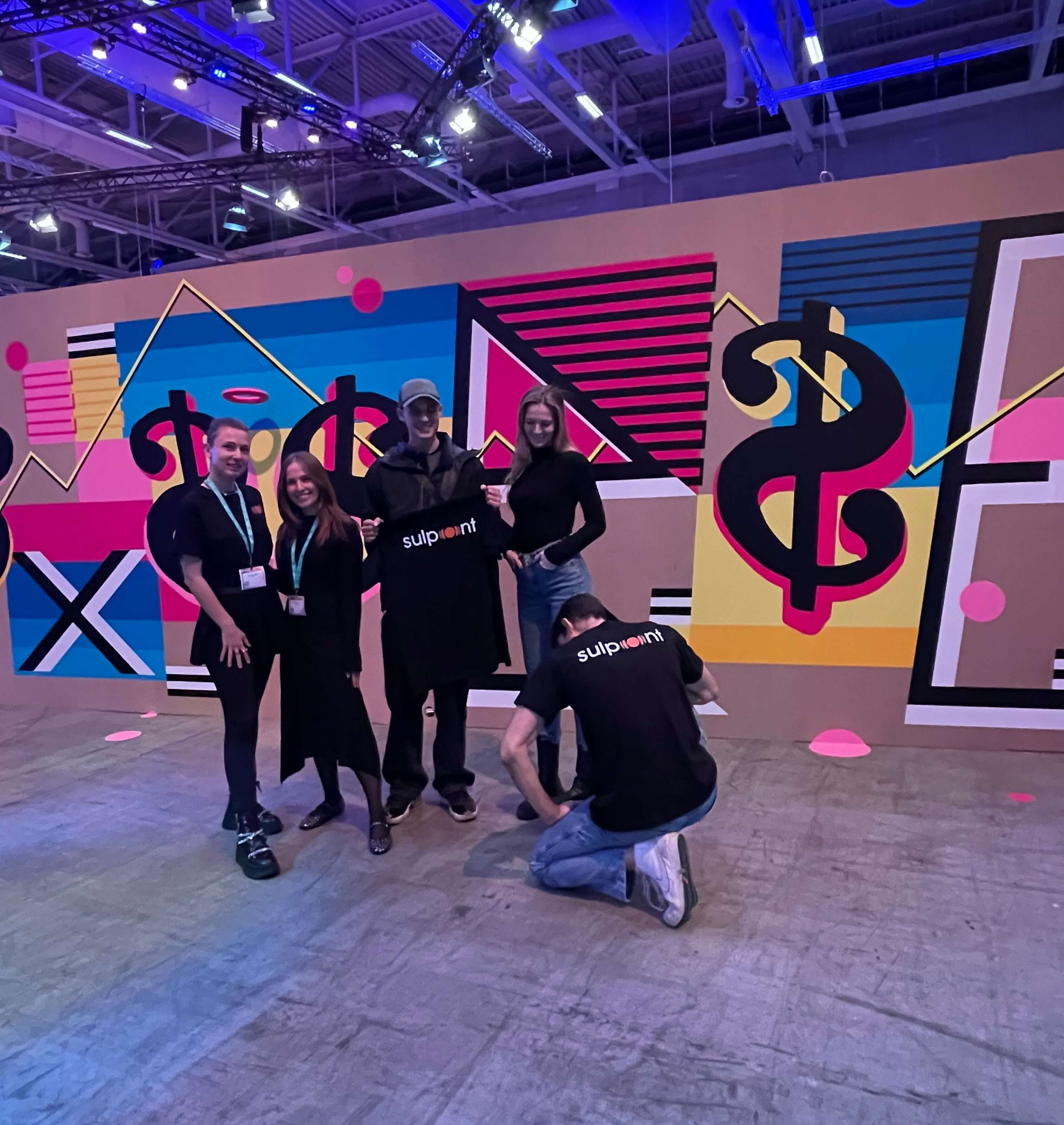Corporate workshops are structured interactive sessions designed to address specific professional goals within a business setting. These workshops aim to enhance communication, improve team dynamics, boost employee skills, and foster innovation. Whether focused on leadership, project management, or creativity, workshops for corporate events help businesses grow by engaging employees in meaningful learning experiences.
Such corporate initiatives go beyond traditional lectures—they rely on hands-on activities, real-life scenarios, and collaborative tasks to ensure participants apply their knowledge immediately.
Key Benefits of Workshops in a Corporate Environment
Investing in corporate workshops brings measurable returns for any company. These programs enhance employee engagement, build trust within teams, and align workforce efforts with organizational goals. Among the most valuable advantages are:
- Improved communication and conflict resolution
- Enhanced problem-solving and critical thinking
- Increased productivity and motivation
- Stronger alignment between departments
- Cultivation of leadership and decision-making skills
From small businesses to large enterprises, every corporate team can benefit from well-crafted workshops.
Types of Corporate Workshops for Different Needs
There is no one-size-fits-all model. The best workshops for corporate events are tailored to the unique needs of each team. Common types include:
- Leadership development workshops: Train emerging managers to lead with confidence.
- Innovation workshops: Spark creative thinking and design new solutions.
- Communication workshops: Enhance interpersonal skills and reduce miscommunication.
- Diversity and inclusion workshops: Promote cultural awareness and teamwork.
- Wellness workshops: Improve employee wellbeing through mindfulness and stress management.
Each workshop type can be modified for virtual or in-person formats, depending on the corporate context.
How to Design an Effective Corporate Workshop
Planning a corporate workshop requires clear goals, expert facilitators, and thoughtful activities. Follow these key steps:
- Identify objectives – What do you want participants to learn or achieve?
- Know your audience – Consider the team’s size, roles, and dynamics.
- Choose the right format – Decide between online, hybrid, or on-site.
- Select engaging activities – Use case studies, role-playing, or gamification.
- Measure outcomes – Collect feedback and assess changes in performance.
A successful workshop keeps participants engaged, encourages discussion, and leads to actionable outcomes.
In-Person vs. Virtual Workshops: Which Format Works Best?
Choosing the right delivery format is crucial for the success of your corporate workshop. Both in-person and virtual workshops have unique advantages:
- In-person workshops foster stronger interpersonal connections and hands-on learning.
- Virtual workshops offer flexibility, lower costs, and access to a wider talent pool.
For hybrid corporate teams, combining both formats may deliver optimal results. For example, leadership workshops can start online and conclude with a live strategy session.
Real-World Examples of Effective Corporate Workshops
Several companies have transformed their team culture through targeted corporate workshops. Here are a few examples:
- A global tech firm hosted an innovation workshop to develop new product ideas, resulting in three patent applications.
- A Canadian bank introduced wellbeing workshops, reducing staff turnover by 18%.
- A fast-growing startup used communication workshops to resolve internal friction, increasing collaboration across departments.
These success stories highlight how tailored workshops for corporate events can drive tangible business outcomes.
Who Should Facilitate Corporate Workshops?
A corporate workshop is only as good as its facilitator. Skilled professionals or consultants with subject matter expertise and dynamic presentation styles can make or break the event.
Look for facilitators who:
- Have experience in your industry or niche
- Can adapt content to your corporate culture
- Use interactive teaching methods
- Provide follow-up materials and guidance
When hiring externally, review testimonials or request demo sessions to assess fit. For internal workshops, consider training your own leaders as facilitators.
How to Measure the Impact of Corporate Workshops
To justify investment in workshops, companies should track key performance indicators (KPIs). This can include:
- Employee satisfaction scores
- Productivity metrics
- Project success rates
- Staff retention
- Innovation outputs (e.g. number of new ideas proposed)
Surveys, interviews, and performance reviews conducted before and after the workshop will help you gauge effectiveness. Don’t forget to request participant feedback for ongoing improvement.
When Should You Organize Corporate Workshops?
Timing matters. Plan corporate workshops strategically to maximize attendance and relevance. Ideal times include:
- Onboarding periods
- Post-project debriefs
- Annual strategy planning
- Team-building retreats
- Major organizational changes
Avoid busy sales cycles or holidays when employees may be distracted. Regular quarterly workshops ensure ongoing development and maintain momentum.
Setting Clear Goals for Your Corporate Workshops
Before launching any corporate workshop, it's essential to define clear and measurable objectives. Ask yourself:
- What behavior or skill do you want to improve?
- How will success be evaluated?
- Who is the ideal participant?
Having specific goals ensures that the workshop is aligned with your business outcomes. For instance, if your team struggles with cross-departmental collaboration, a workshop focused on shared communication tools and practices would be ideal.
Tailoring Workshops to Fit Corporate Culture
Every corporate environment is different, and a one-size-fits-all approach rarely works. Tailor your workshops for corporate events to reflect your team's culture, values, and learning preferences.
Consider:
- The tone of the workshop (formal vs. casual)
- The balance between instruction and discussion
- Integration of brand-specific case studies or real-world scenarios
- Custom activities that reflect current business challenges
Personalization increases engagement and ensures participants feel the workshop content is relevant to their daily roles.
Workshop Icebreakers That Actually Work
Starting strong matters. Effective icebreakers help attendees relax, connect, and prepare for collaboration. Some engaging ideas include:
- Two Truths and a Lie – a fun way to get to know colleagues
- Speed Networking – rotate quick chats in small groups
- Common Ground Challenge – teams find shared interests within two minutes
In corporate workshops, icebreakers shouldn’t feel forced. Keep them light, inclusive, and aligned with the workshop’s overall tone and purpose.
How to Boost Engagement During Workshops
A common challenge in any corporate workshop is maintaining energy and focus. Here’s how to keep participants actively involved:
- Mix up formats (presentations, group work, solo tasks)
- Use gamification techniques like quizzes or leaderboards
- Introduce regular breakouts and time for reflection
- Encourage anonymous Q&A via tools like Slido or Mentimeter
The more your workshop involves hands-on participation, the more likely your team is to retain and apply what they’ve learned.
Should You Include External Speakers?
Bringing in guest experts can elevate the credibility and variety of your corporate workshops. These speakers offer fresh perspectives, industry trends, and motivational insights.
Use external facilitators when:
- Launching a new company initiative
- Reinforcing thought leadership
- Addressing sensitive or complex topics
However, be sure the guest’s message aligns with your corporate goals. Prepare them with background context and objectives so their session is fully integrated into the larger workshop.
Measuring the Impact of Corporate Workshops
Once your corporate workshop concludes, evaluating its effectiveness is crucial. Use both quantitative and qualitative metrics to understand what worked:
- Pre- and post-assessments to measure skill growth
- Participant feedback surveys
- Observation of behavior changes in the workplace
- Long-term performance indicators tied to corporate goals
A data-driven approach helps you refine future workshops for corporate events and demonstrate ROI to leadership.
🛠️ Tools That Can Enhance Any Workshop
Integrating the right tools can streamline your workshop and improve participant experience. Consider the following:
| Tool Type | Example Apps | Purpose |
| Collaboration | Miro, MURAL | Visual brainstorming |
| Engagement | Kahoot!, Mentimeter | Real-time quizzes & polls |
| Communication | Zoom, MS Teams | Virtual and hybrid workshops |
| Project Management | Trello, Asana | Post-workshop follow-ups |
Choose tools based on your corporate team’s comfort level and the workshop’s format.
Creative Workshop Ideas for Remote Teams
Virtual and hybrid work environments demand innovation. Here are some creative workshops for corporate events tailored to remote teams:
- Virtual Escape Room: Builds problem-solving and collaboration
- Storytelling Workshop: Enhances presentation and client pitching skills
- Mindfulness & Focus Training: Supports employee wellness and productivity
- Online Innovation Lab: Fosters creativity across time zones
Remote corporate workshops need strong facilitation and interactive tools to remain engaging.
Repeating vs. Evolving Workshops: What’s Better?
When planning your corporate workshops, a common dilemma is whether to repeat a successful format or evolve it each time. The answer often lies in your objectives:
- Repeatable formats work well for onboarding, compliance training, or core skills
- Evolving formats are better suited for creative thinking, leadership, or innovation
Both approaches can work in corporate settings, especially when paired with feedback loops and continuous improvement.
Culturally Inclusive Workshops in a Global Workforce
As more companies embrace international teams, corporate workshops must reflect cultural diversity. Tailoring your content to global teams includes:
- Avoiding culturally biased examples or humor
- Including multilingual options or subtitles
- Acknowledging regional communication styles
- Hosting breakout rooms based on time zones
Inclusion in workshops for corporate events ensures better engagement, trust, and knowledge retention.
Year-Round Corporate Workshop Planning Calendar
To maintain momentum, many organizations plan a workshop calendar that aligns with business seasons. Example schedule:
- Q1: Vision & goal-setting workshops
- Q2: Leadership development
- Q3: Wellness and work-life balance sessions
- Q4: Strategic reviews and innovation planning
A year-round approach helps integrate workshops into the rhythm of the corporate environment, ensuring consistency.
Industry-Specific Workshop Examples
Different industries have unique demands. Here’s how corporate workshops can be tailored:
- Tech Companies: Agile training, UX design sprints
- Finance: Risk management, ethical leadership
- Healthcare: Patient empathy, regulatory compliance
- Retail: Customer journey mapping, inventory efficiency
Customizing workshops to industry needs maximizes relevance and application in the corporate world.
Microlearning and Modular Workshop Design
Modern attention spans favor shorter learning blocks. Modular workshops break down content into digestible chunks:
- Sessions under 30 minutes
- Interactive exercises after each module
- Standalone topics for flexibility
Microlearning improves knowledge retention and is especially valuable in remote corporate workshops or onboarding sprints.
Blending Workshops with Mentorship Programs
To enhance long-term impact, integrate workshops with mentorship:
- Pair participants with mentors post-workshop
- Include peer-to-peer learning circles
- Use workshops to initiate mentorship relationships
This blended approach creates continuity, embeds learning, and strengthens corporate culture.
Certification-Based Workshops for Professionals
Many employees value certificates of completion, especially when tied to upskilling or promotion:
- Partner with accredited institutions
- Offer digital credentials or badges
- Align workshops with professional development frameworks
Certification not only boosts motivation but also enhances your brand’s corporate reputation for investing in people.
Workshop Automation and Scalability
Large organizations benefit from automating aspects of workshop delivery:
- On-demand video modules
- Automated feedback and assessment forms.
- AI-driven engagement trackingms.
Post-Workshop Evaluation: Measuring Success
To improve future sessions, it’s essential to measure the effectiveness of your corporate workshops. Key evaluation techniques include:
- Participant satisfaction surveys
- Pre- and post-workshop assessments
- On-the-job performance monitoring
- Managerial feedback loops
Evaluating ROI helps justify budgets and fine-tune the workshop approach based on real impact.
Integrating Workshops into Corporate Strategy
Corporate workshops should not be standalone activities but part of the broader business strategy. Tips for alignment:
- Tie sessions to OKRs (Objectives and Key Results)
- Use workshops as a platform to drive change management
- Schedule learning around strategic planning cycles
This integrated approach ensures that workshops have a direct impact on performance and growth.
Gamification in Corporate Workshops: Boosting Engagement Through Play
Incorporating gamification elements into corporate workshops is a proven way to increase participation and motivation. Whether through point systems, leaderboards, or scenario-based challenges, gamified learning:
- Encourages healthy competition
- Enhances focus and immersion
- Improves retention of workshop material
Especially in remote or hybrid environments, these interactive layers can revitalize the workshop experience and align with modern corporate culture.
Leveraging Storytelling in Workshop Facilitation
Humans are wired for stories — and storytelling in corporate workshops can unlock deeper understanding. Trainers and facilitators can use narratives to:
- Illustrate complex concepts
- Personalize abstract themes
- Trigger emotional engagement
Whether sharing a founder's journey or a customer success case, storytelling can transform a workshop from informational to inspirational, boosting both engagement and learning outcomes in corporate contexts.
Pre-Workshop Learning Materials and Homework
Effective workshops for corporate events don’t start when attendees enter the room — they begin beforehand. Sending pre-workshop materials such as short videos, reading lists, or reflective prompts:
- Prepares participants mentally
- Reduces time spent on theory during the session
- Creates space for active practice and discussion
This flipped-classroom model enhances the overall impact of the corporate workshop, especially for senior-level participants with limited availability.
Designing Workshops for Hybrid Workforces
As hybrid work becomes the new norm, designing corporate workshops that engage both remote and in-office employees is essential. Hybrid-friendly formats prioritize:
- Seamless tech platforms (Zoom, Miro, etc.)
- Asynchronous components like video replays or chat threads
- Equal participation opportunities through breakout rooms and polls
A successful hybrid workshop ensures no one feels like a secondary participant, no matter where they are. It also reinforces the inclusive, modern nature of your corporate learning culture, showing employees that development is accessible regardless of geography.
Conclusion: Building a Culture of Continuous Learning
Well-designed corporate workshops are more than just events — they are catalysts for transformation, engagement, and growth. By investing in thoughtful planning, customization, and follow-up, companies can embed a culture of continuous learning and stay ahead in a fast-changing business world.
From microlearning to certification, mentorship to automation, the modern workshop is flexible, impactful, and essential for competitive corporate success.
 de
de  en
en 
